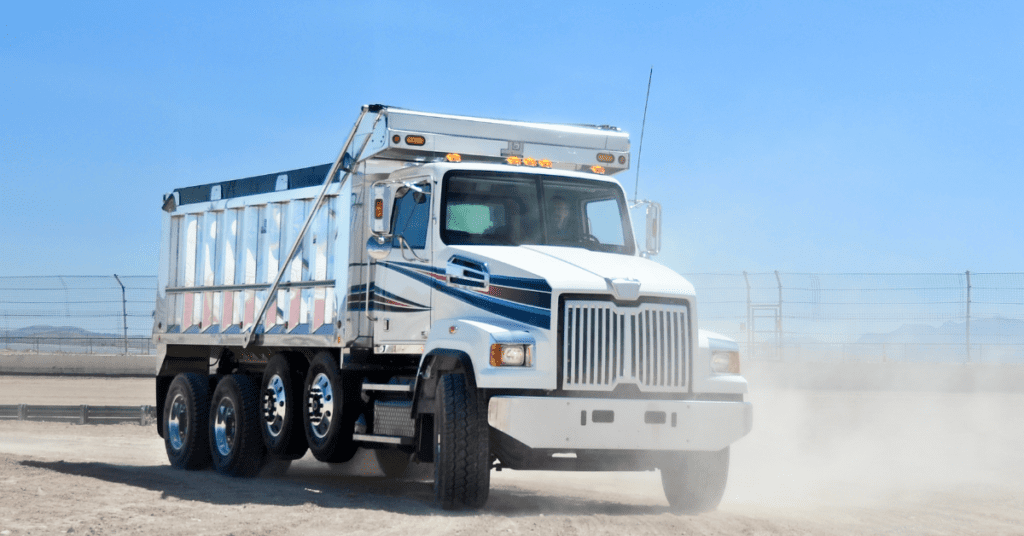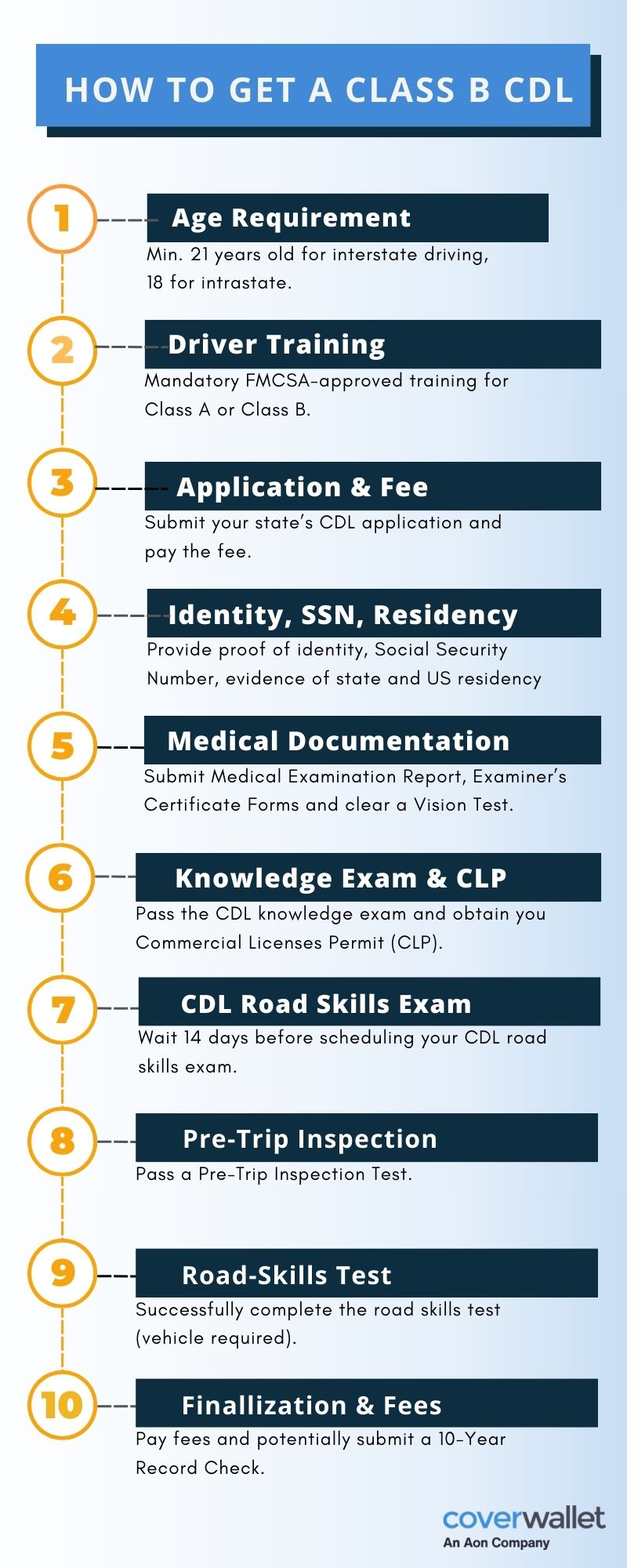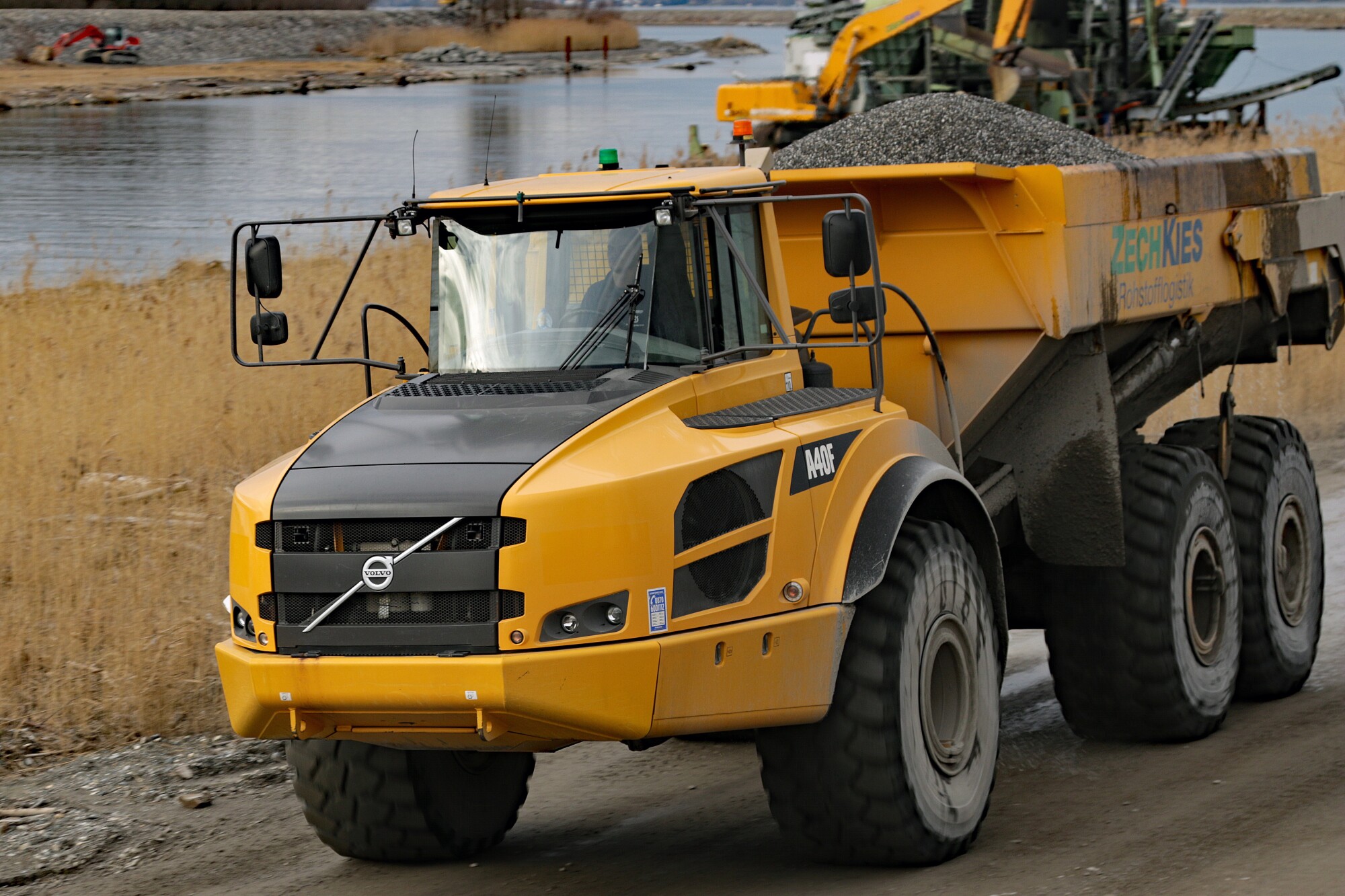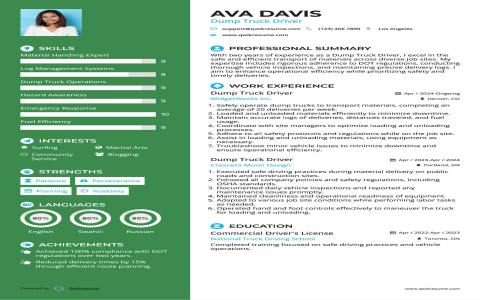What License Do I Need to Drive a Dump Truck?
What License Do I Need to Drive a Dump Truck?
If you’re asking, “What license do I need to drive a dump truck?”, the short answer is that in most cases, you’ll need a Commercial Driver’s License (CDL). But it’s not quite that simple. The specific class of CDL and any additional endorsements depend heavily on the weight of the truck, what you’re hauling, and whether you’re driving for commercial purposes. As someone who’s spent over a decade reviewing heavy-duty rigs, I can tell you that getting the right credentials is the first and most critical step to a safe and legal career on the road. Let’s break down exactly what you need to get behind the wheel of a dump truck.
Understanding CDL Classes: Which One Fits Your Dump Truck?
Not all dump trucks are created equal, and neither are the licenses to drive them. The Federal Motor Carrier Safety Administration (FMCSA) sets the standards, and your required license hinges on the Gross Vehicle Weight Rating (GVWR).

| License Class | Vehicle Weight (GVWR) | Dump Truck Examples |
| Non-CDL | Under 26,001 lbs | Small single-axle or pup dump trucks used for local landscaping or small construction jobs. |
| Class B CDL | 26,001 lbs or more | Standard single-axle or tandem-axle dump trucks commonly seen on construction sites. |
| Class A CDL | Combination over 26,001 lbs (tractor and trailer over 10,000 lbs) | A dump truck towing a large trailer, or a tractor-trailer with a dump-style semi-trailer. |
Most standard dump trucks you see on highway construction projects fall under Class B. However, if your job involves a trailer with a significant weight, you’ll need to upgrade to a Class A license. I always advise new drivers to consider their long-term goals. Getting a Class A CDL opens up more opportunities, even if you start with a Class B vehicle.
Key Endorsements for Dump Truck Operators
Beyond the basic CDL class, you might need special endorsements on your license. These are extra tests that prove you can handle specific situations or cargo. For dump truck drivers, two are particularly relevant:
- Air Brakes Endorsement: If your dump truck uses an air brake system—and the vast majority do—you must pass a knowledge and skills test specific to these brakes. This is non-negotiable for safety.
- Tanker Endorsement (N): This one often catches people by surprise. If you’re driving a dump truck that carries liquids like water or dust control fluids in a tank with a capacity of 1,000 gallons or more, you’ll need the Tanker endorsement. It focuses on the unique handling of liquid loads.
The Step-by-Step Guide to Getting Your Dump Truck License
Getting your CDL isn’t an overnight process. It’s a structured path designed to ensure you’re a competent and safe driver. Here’s the roadmap:
- Get a Commercial Learner’s Permit (CLP): First, you’ll need a standard driver’s license and must pass the written knowledge tests for the CDL class and endorsements you need. This allows you to practice driving on public roads with a licensed CDL holder in the passenger seat.
- Train and Practice: This is where the real learning happens. You can self-train, but I highly recommend a reputable CDL training school. They provide structured education on vehicle inspection, basic control, and on-road driving. According to a FMCSA mandate, as of 2022, you must complete a registered training program before taking your skills test.
- Pass the CDL Skills Test: This is the final hurdle. It consists of a vehicle inspection test, a basic controls test (like alley docking and straight-line backing), and an on-road driving test.
State-Specific Variations and Medical Requirements
While federal rules provide the framework, your state’s Department of Motor Vehicles (DMV) is the agency that will issue your license. Some states may have additional requirements or slight variations in the testing process. It’s crucial to check with your local DMV for the exact checklist.
Furthermore, all CDL holders must be medically certified. You will need to pass a physical exam conducted by a certified DOT medical examiner. They will ensure you meet the physical standards for driving a commercial motor vehicle, including vision, hearing, and overall health.
Why Proper Licensing is Non-Negotiable
You might be tempted to cut corners, but the risks are enormous. Driving without the proper license can lead to massive fines for both you and your employer. More importantly, it’s a major safety risk. Dump trucks are large, heavy vehicles that require specialized skills to operate safely, especially when loaded. Proper training and licensing ensure you know how to manage braking distances, check for blind spots, and handle the vehicle in various road conditions. It’s not just about legality; it’s about professionalism and safety for everyone on the road.
Frequently Asked Questions
Can I drive a small dump truck with a regular driver’s license?

Yes, but only if the vehicle’s Gross Vehicle Weight Rating (GVWR) is under 26,001 pounds. These are typically very small, single-axle trucks. Always check the manufacturer’s rating on the door jamb to be certain.
How much does it cost to get a CDL for a dump truck?
Costs vary widely. State fees for permits and tests are usually a few hundred dollars. If you attend a professional truck driving school, which I highly recommend, the total cost can range from $3,000 to $7,000.
Is the written test for a dump truck license hard?
The CDL general knowledge test requires serious study. It covers topics like vehicle systems, safe driving practices, and FMCSA regulations. Using up-to-date study guides and taking practice tests will significantly increase your chances of passing on the first try.
Do I need a special license to drive a dump truck for personal use on my own property?
No. CDL requirements only apply to operating commercial motor vehicles on public roads. You do not need a CDL for off-road, private property use.

Sources and Further Reading
To ensure the accuracy of this information, I’ve relied on official government sources. For the most current and detailed regulations, always refer to these authorities:
- Federal Motor Carrier Safety Administration (FMCSA): https://www.fmcsa.dot.gov/
- FMCSA Entry-Level Driver Training (ELDT) Rule: ELDT Fact Sheet
- National Registry of Certified Medical Examiners: https://nationalregistry.fmcsa.dot.gov/









